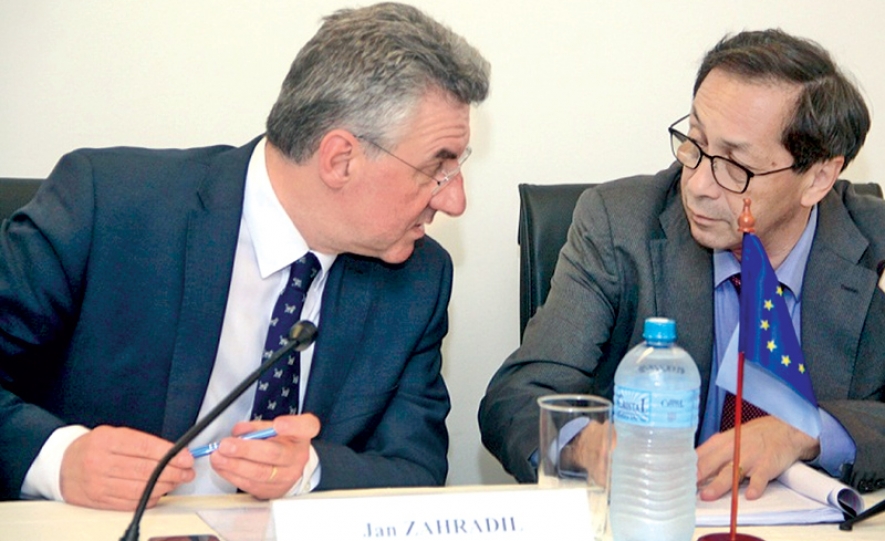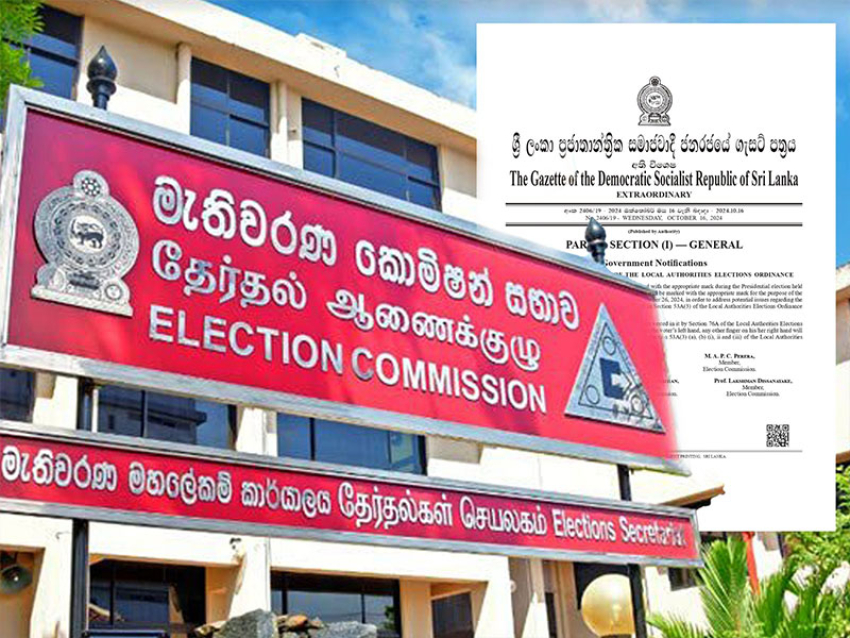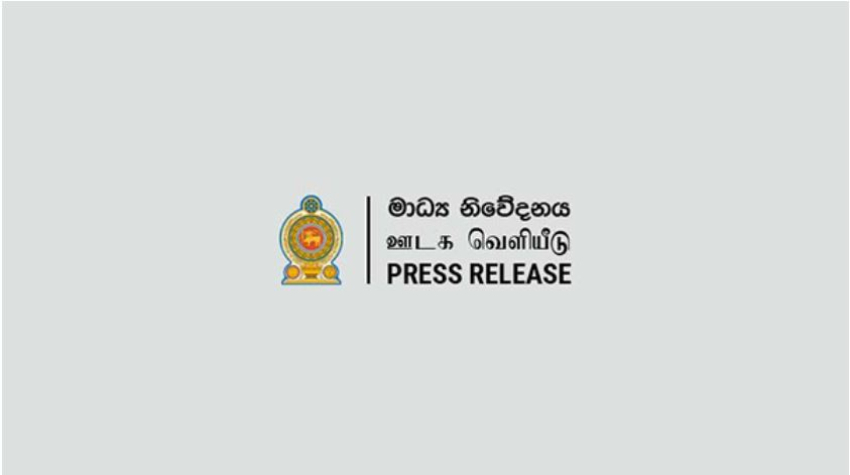It was a markedly different tone from the last time an EU delegation came to evaluate Sri Lanka’s GSP status. In November, MPs said they were “disappointed” by Sri Lanka’s slow progress on human rights reforms, like repealing the Prevention of Terrorism Act.But on Thursday, EU Standing Rapporteur on South Asia Sajjad Karim said “we need to dispel the myth of external demands.”
“We demand nothing,” he said. “This is a journey we are undertaking as equal partners.”
Sri Lanka lost its preferential GSP trade status under the Rajapaksa government amid allegations of human rights abuses and war crimes.But the EU reinstated the programme last year, on the condition that Sri Lanka abide by certain international human rights,labour and environmental conventions.Karim said his delegation had since seen “a trend of improvements and a genuine commitment being shown with systems being put in place.”
He said he was promised that a replacement to the controversial Prevention of Terrorism Act would be introduced in Parliament soon. The MPs were scheduled to meet with the Prime Minster and Foreign Minister before departing on Friday.They also met Law and Order Minister, Labour Minister, the Speaker and the Leader of the Opposition, as well as members of NGOs, trade unions, the International Labour Organization, and the Mission of the United Nations



















